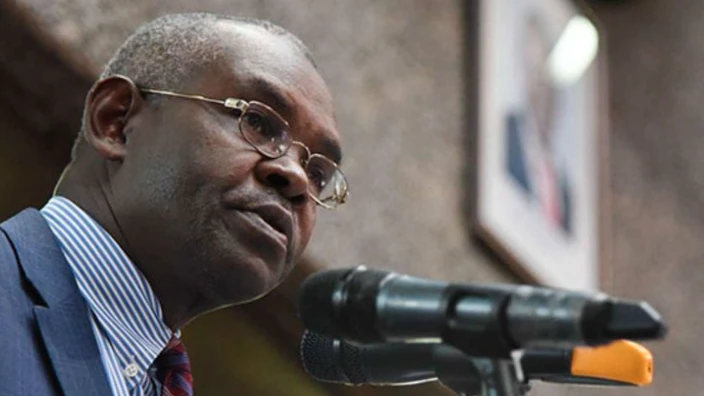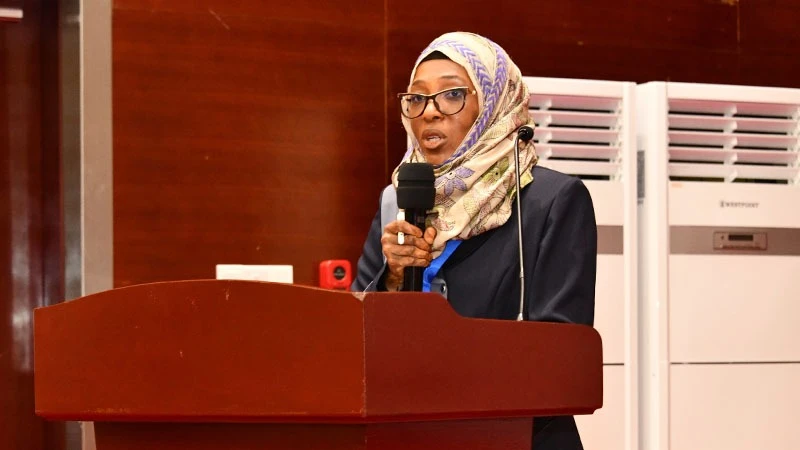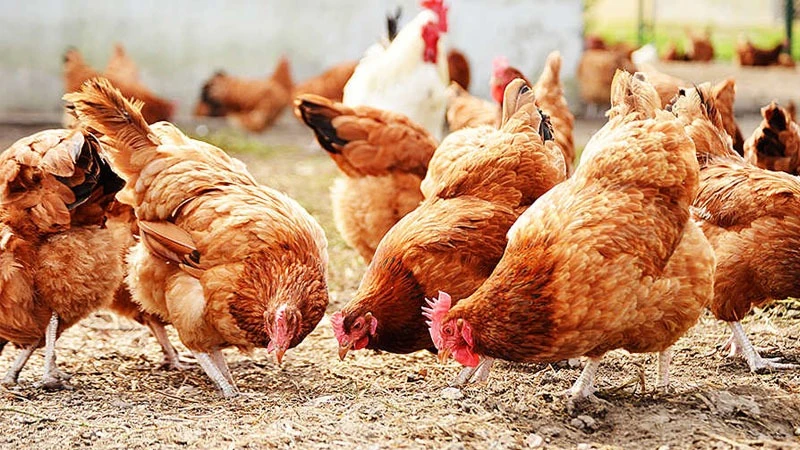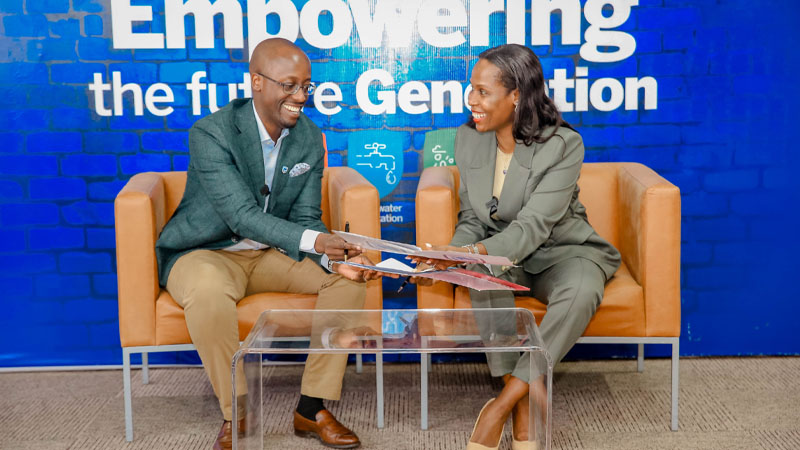Retail outlets expect greater sales after a slow-moving Q1
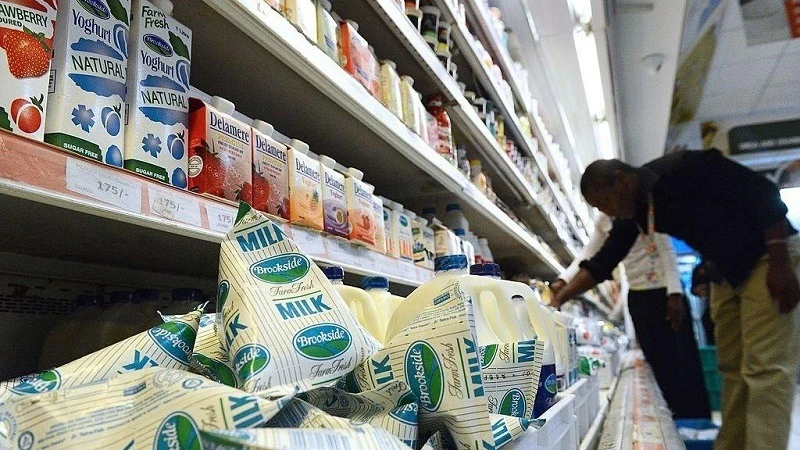
KENYAN retailers are expecting their April-June sales to increase after the sector recorded low business in the first quarter of this year, according to ILAM Consumer Spending Index for the first quarter of 2024.
“Comparing Q3 2023 and Q4 2023, clothing stores, restaurant/bars & leisure outlets, and retail stores all saw improvements. However, in 1Q 2024, all business sectors witnessed a decline in their sales index. Notably, clothing/apparel stores experienced a significant drop of 25 per cent compared to the baseline and a 42 per cent drop compared to Q4 2023,” researchers said in the ILAM Consumer Spending Index for the first quarter of 2024
House fittings & accessories: 60 per cent experienced a decline, with 40 per cent reporting an increase. Restaurants/bars and leisure outlets: 65 per cent observed a decrease, while 35 per cent noted an increase. Retail stores: 57 per cent reported a decrease in sales, with 43 per cent indicating an increase.
The ILAM Consumer Spending Index (ICSI) is designed to monitor consumer spending as a reliable indicator of the current state of the real economy. The index is derived from interviews conducted with 1043 consumers and 191 retail businesses.
The study shows that compared to the previous year, 48 per cent of respondents reported consistent income, while 25 per cent experienced an increase and 27 per cent observed a decrease. Among those with increased income, the majority saw changes ranging from 1 per cent to 20 per cent. Conversely, among those with decreased income, the majority reported changes ranging from 6 per cent to 30 per cent.
About 67 per cent of respondents have allocated a minimum of 31 per cent of their income towards food and shelter expenses over the past three months. Additionally, approximately 51 per cent of them have allocated less than 10 per cent of their income to leisure and entertainment activities.
Approximately 53 per cent of the respondents said they have allocated less than 10 per cent of their income to travel and leisure expenditures. 46 per cent of respondents allocated less than 10 per cent of their income towards savings and about 9 per cent reporting no allocation for savings.
“22 per cent foresee a reduction in spending on essential items, while 78 per cent project an increase in expenditure on essentials for Q2 of 2024. Conversely, 19 per cent anticipate heightened spending on non-essential items, while 81 per cent expect a decrease in expenditure on non-essentials during the same period,” notes the study.
Top Headlines
© 2024 IPPMEDIA.COM. ALL RIGHTS RESERVED


